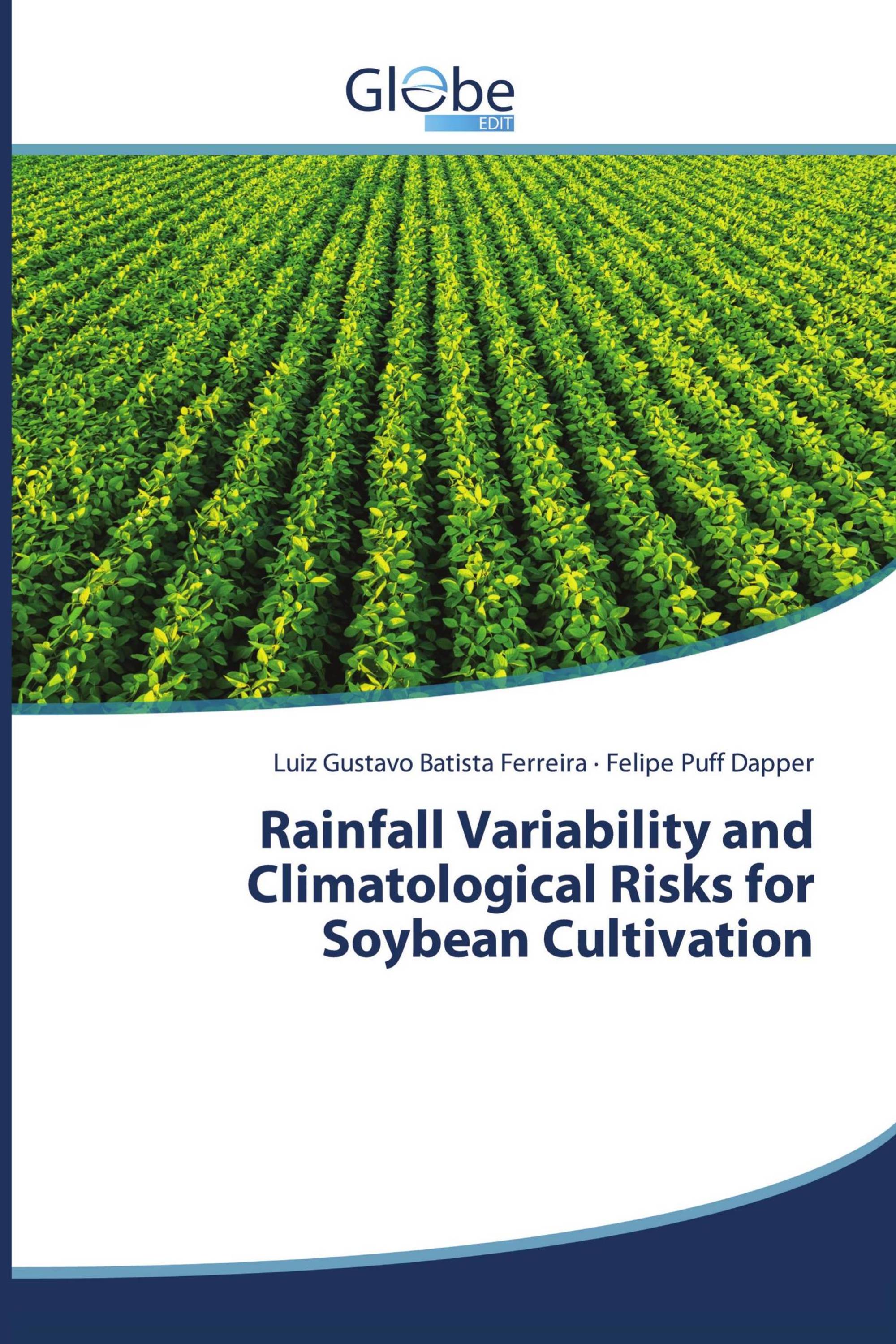Water affects all the physiological processes that occur in the plant, such as root absorption, nutrient transport, thermoregulation and hydration, essential to maintain the structure and the plant cellular activity (TAIZ; ZEIGER, 2009). Agrometeorological conditions directly interfere in the choice of crops to be produced in a given region, sowing time, use of agrochemicals, management practices and irrigation. Studies that identify and predict droughts periods, heavy rain, wind and frost contribute to crop planning and management, aiming at obtaining the best net income (PATHMESWARAN et al. 2018; WIRÉHN, 2018; SANTI et al., 2018; DE SOUSA; DE OLIVEIRA, 2018; DE SOUZA et al., 2018; TAYT'SOHN et al., 2018; AGOVINO et al., 2019). The soybean crop is the main agricultural activity in Brazil and in the state of Paraná, southern Brazil. It is cultivated in the Spring-Summer season, between the months of September and March, using early cultivars, to allow a second season cropping of maize. Rainfall variability and water deficit is the main cause of yield loss of soybean (FARIAS et al., 1997; PEDERSEN; LAUER, 2004; STÜLP et al., 2010; ALVARES et al., 2013; GARCIA et al., 2018).
Book Details: |
|
|
ISBN-13: |
978-620-6-79524-7 |
|
ISBN-10: |
6206795241 |
|
EAN: |
9786206795247 |
|
Book language: |
English |
|
By (author) : |
Luiz Gustavo Batista Ferreira |
|
Number of pages: |
68 |
|
Published on: |
2023-12-05 |
|
Category: |
Agriculture, horticulture, forestry, fishery, nutrition |
